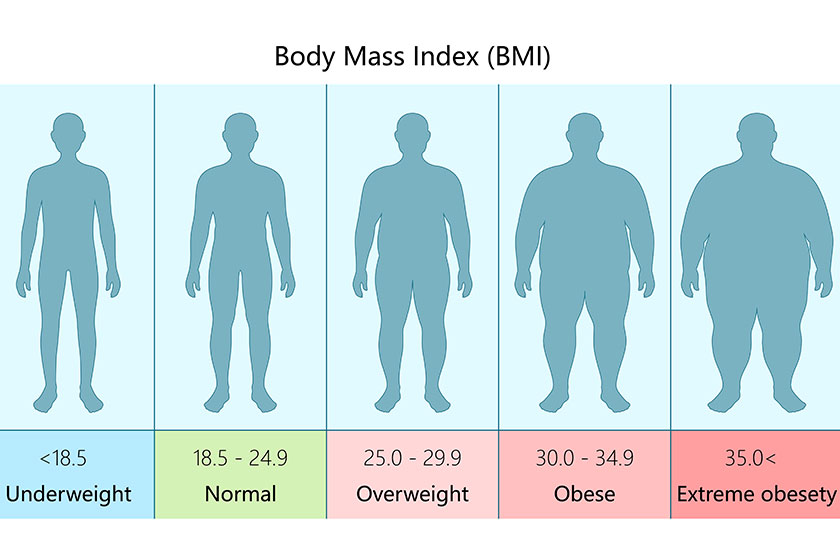Maintaining a healthy weight becomes increasingly important as you age, and using a weight chart for senior males can help guide you in managing your health. Weight affects everything from mobility to heart health, so understanding where you fall on the weight chart can offer insight into your overall well-being. Let’s explore how to use the weight chart effectively and what factors to consider.
Why Weight Management Is Important
As men age, their bodies undergo several changes that can impact weight. Muscle mass tends to decrease while fat accumulation may increase, leading to changes in metabolism.
This shift can make it more challenging to maintain a healthy weight, but it’s still vital for your health. A healthy weight can reduce the risk of chronic conditions like heart disease, diabetes, and arthritis, which are common in older adults.
Weight management isn’t just about looking good; it directly affects your ability to stay active and maintain a good quality of life. This is why using a weight chart for senior males can be a helpful tool in monitoring and adjusting your weight for optimal health.
How to Use the Weight Chart for Senior Males
A weight chart for senior males typically provides a range of healthy weights based on height. By locating your height on the chart, you can see the corresponding weight range that is considered healthy for your age and body type. Keep in mind that this chart offers general guidelines, and your ideal weight may also depend on other factors such as bone density, muscle mass, and overall health.
It’s important to remember that the weight chart is a guide, not a strict rule. If you’re slightly outside the recommended range but still feel strong and healthy, there may be no reason for concern. However, if your weight is significantly above or below the recommended range, it could be a signal to consult with a healthcare professional.
Factors that Influence Ideal Weight
The ideal weight for older men can vary based on several factors beyond just height. Body composition is a key factor; muscle mass tends to decline with age, while fat distribution changes. Men who maintain more muscle mass may weigh more but still be in excellent health.
Conversely, those with more body fat might appear to fall within a healthy weight range but still face health risks due to fat accumulation around vital organs.
Your activity level also plays a significant role in determining your ideal weight. Active men, particularly those who engage in resistance training, may weigh more due to increased muscle mass, while those with a more sedentary lifestyle may carry more body fat. Regular exercise is essential for maintaining muscle mass and metabolism, helping to keep your weight in a healthy range.
Interpreting the BMI (Body Mass Index) in Older Men
The Body Mass Index (BMI) is another tool often used alongside the weight chart to assess weight in relation to height. However, BMI can sometimes be misleading for older adults. Since BMI doesn’t differentiate between muscle and fat, a man with more muscle mass may fall into the overweight category despite being in excellent shape.
It’s important to look beyond BMI and consider other aspects of health, such as waist circumference, cholesterol levels, and blood pressure. These additional factors can provide a more complete picture of your overall health, rather than relying solely on weight or BMI.
Maintaining a Healthy Weight as You Age
Achieving and maintaining a healthy weight is a lifelong commitment, and it doesn’t stop once you reach your ideal weight. As you age, adjusting your eating habits and staying physically active can help you maintain your health and prevent unwanted weight gain. Focus on nutrient-dense foods that provide vitamins, minerals, and energy without excessive calories.
Incorporating strength training exercises into your routine can help preserve muscle mass, which is essential for maintaining a healthy weight. Additionally, staying hydrated and getting adequate sleep are often overlooked factors that can influence weight management and overall health.
What to Do If You’re Outside the Healthy Weight Range
If your weight falls outside the healthy range on the weight chart for senior males, it’s a good idea to consult with a healthcare professional. Whether you’re dealing with unintended weight loss or gain, your doctor can help assess any underlying causes and create a plan tailored to your needs.
Losing weight, if necessary, should be done gradually and healthily, avoiding fad diets that can be harmful, especially as you age. Gaining weight in a healthy way may involve building muscle mass through strength training and increasing caloric intake with nutritious foods.
Maintain a Healthy Weight at Our Vibrant Retirement Community
At our community, we understand that maintaining a healthy weight is key to your overall well-being. We offer support and resources such as chef-prepared, nutritious meals, and exercise programs to help you and your loved ones stay active and live a healthier life. Let us help guide you on your journey to better health, so you can enjoy every moment with confidence and strength. Check out our range of senior living options to discover the right fit for you.







